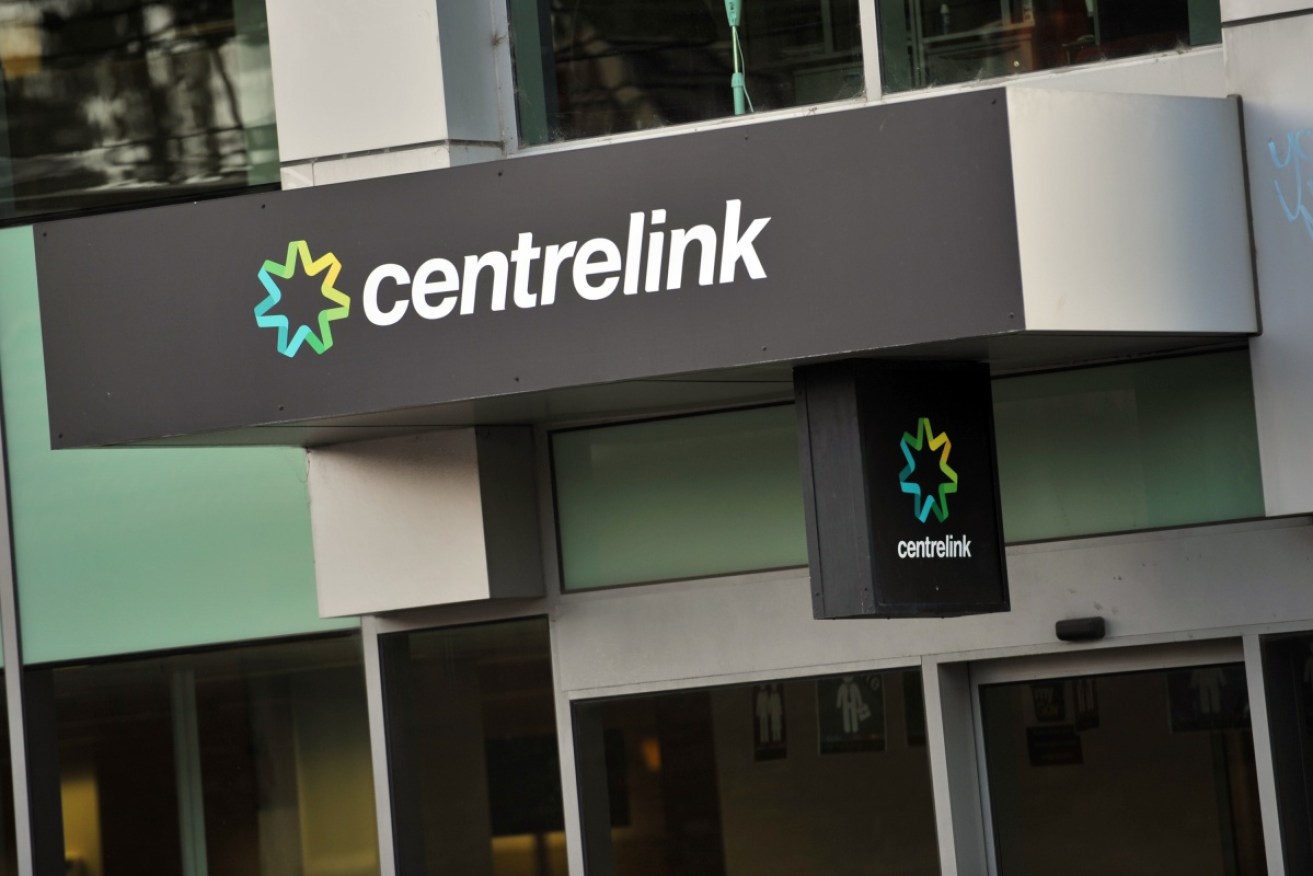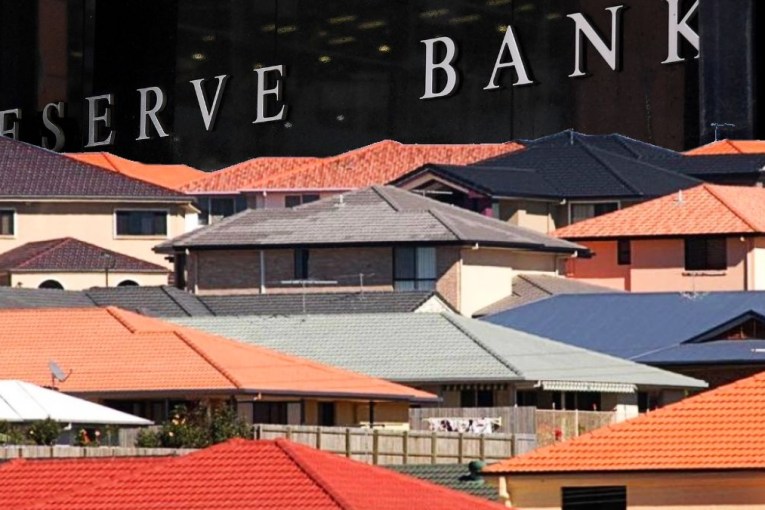Private debt collector paid by commission for Centrelink ‘robo-debt’ program


Being obliged to work in return for welfare discriminates against Aborigines, the Garma Festival has been told. Photo: AAP
A private debt collector receives a commission on the money it recoups from welfare recipients under the controversial Centrelink “robo-debt” program, a Senate inquiry has been told.
Probe Group chief operating officer Jarrod Kagan said its contract with the Department of Human Services set out a “contingency model” where the agency is paid a percentage of the money recovered from Centrelink customers.
This compared to the agency’s work with the Australian Taxation Office, where Probe was paid a flat rate, the hearing was told.
Mr Kagan declined to disclose the commission rate the agency received, adding that the agency only received a percentage of the money the customer actually pays back, rather than a portion of the debt owed.
Debt collection agency Probe and the DHS were grilled as a Senate inquiry examining the controversial data-matching debt program continued on Wednesday.
The opposition has called for the program to be axed, and it was slammed by a recent Commonwealth Ombudsman report.
Human Services Minister Alan Tudge has also come under fire over the issue, after the department sent the personal details of a blogger critical of the program to a journalist.
Mr Kagan was also asked about allegations that Probe workers had falsely portrayed themselves as DHS staff.
He said workers would not purport to be from DHS and were trained to identify themselves as “calling from the Probe Group on behalf of the Department of Human Services”.
Although Probe has operations in the Philippines, he said all employees working on behalf of the department were based in Australia.
He also confirmed the agency did no “field work” for the department, meaning they only contacted Centrelink customers by letters, phone and SMS.
Data-matching expansion
Despite the controversy, the inquiry heard that the data-matching system will be expanded to cover other income streams, such as rental income and dividends, the inquiry heard.
The system works by comparing a Centrelink customer’s declared income to the department with income recorded by the Australian Taxation Office.
“We understand from the department they do intend to expand the system to cover non pay-as-you-go income types,” Commonwealth Ombudsman senior assistant Louise Macleod told the hearing.
“But that’s been put on hold … it’s anticipated that would be rolled out from July.”
Ms Macleod said the department had informed the ombudsman that more complex sources of income would be “manually assessed by a compliance officer”.
Labor repeated its call to have the program axed on Wednesday.
“Over 40 per cent of Centrelink’s robo-debts are collected by debt collectors like Probe, meaning private institutions are being given a financial incentive worth millions to aggressively pursue the most vulnerable in the community, some for debts they might not even owe,” Human Services spokeswoman Linda Burney said.








